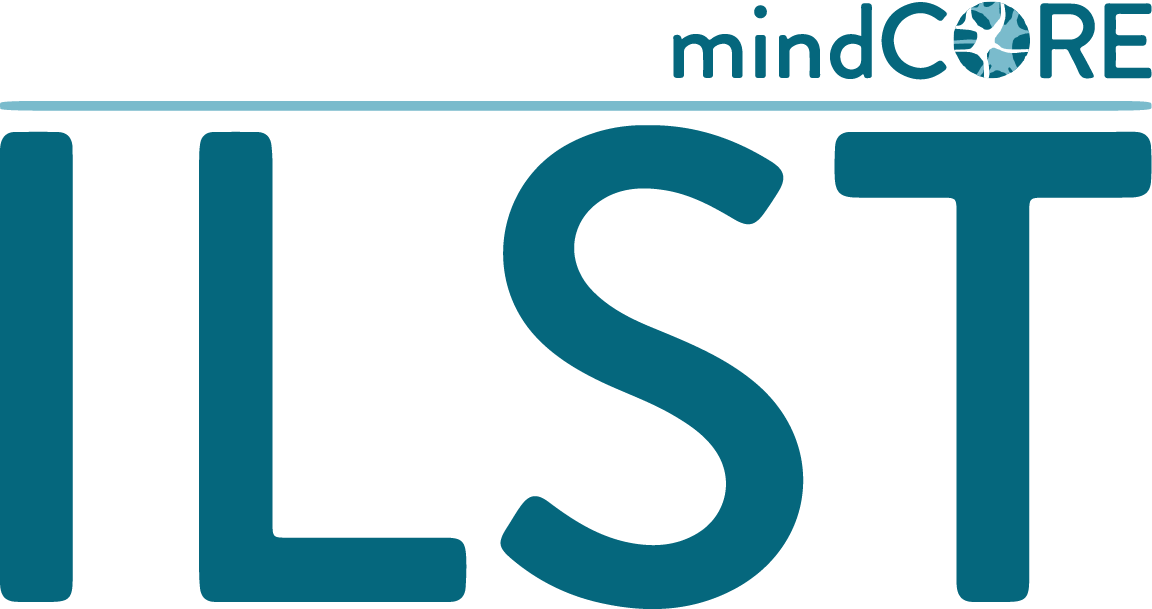
Martin Ho Kwan Ip
ILST Postdoctoral Research Fellow
How do language users make sense of the speech input?
Martin Ho Kwan Ip is a psycholinguist who studies how humans process, acquire, and use spoken language. Some of the fundamental questions that Martin is interested in include:
- How do different domains of spoken language relate and constrain each other?
- What are the universal and language-specific mechanisms responsible for speech processing, and how do they interact during language acquisition?
- How do certain aspects of the speech stream contribute to the socio-pragmatic meaning of the language input?
- How do listeners compute cues to social meaning from the speech signal in real time?
Martin addresses these questions through experimental/psycholinguistic, developmental, and cross-linguistic approaches. He works in the Psychology department with John Trueswell and Alex de Carvalho (Language Learning Lab) and in the Linguistics department with Anna Papafragou (Language & Cognition Lab) and Jianjing Kuang (Penn Phonetics Lab). Before coming to Penn, he completed his Ph.D. at the MARCS Institute under the supervision of Anne Cutler. He recently received the Inaugural Diversity and Social Inequality Award from the Cognitive Science Society for a paper on socio-pragmatic meaning in speech processing (co-authored with Prof. Anna Papafragou). Before this, he received a University Medal from the University of Queensland and a Top-Up Australian Postgraduate Scholarship from the Australian Federal Government.

Martin Ho Kwan Ip
ILST Postdoctoral Research Fellow
Selected Publications
Ip, M. H. K., & Cutler, A. (2021). Juncture prosody across languages: Similar production but dissimilar perception. Laboratory Phonology.
Ip, M. H. K., & Cutler, A. (2020). Universals of listening: Equivalent prosodic entrainment in tone and non-tone languages. Cognition, 202, 104311.
